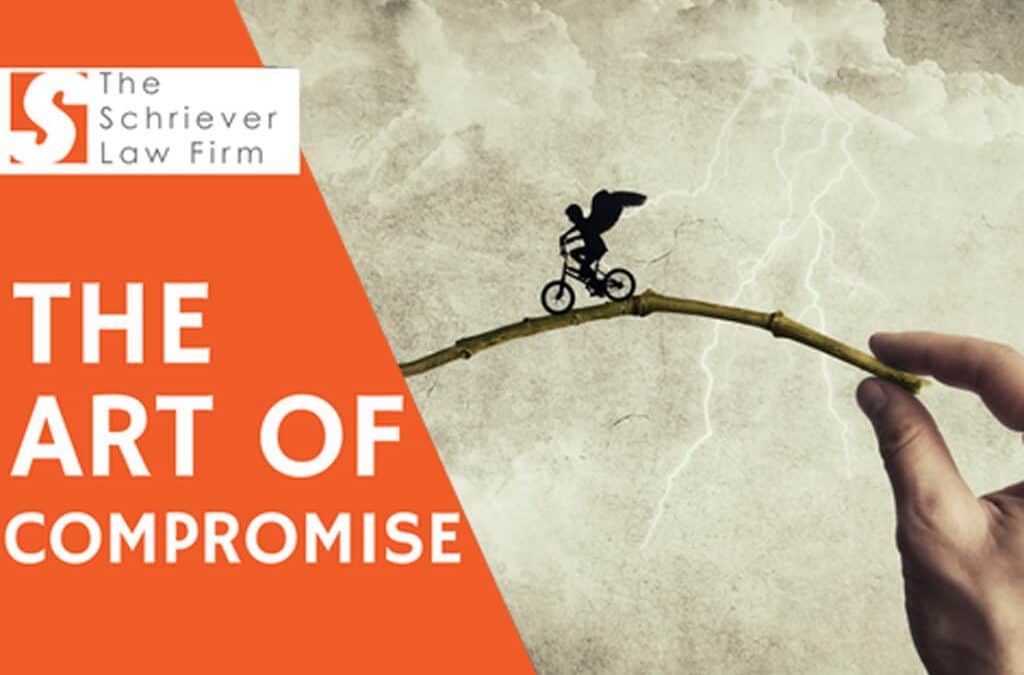You’ve hired an attorney. You’ve gone over your legal theories and positions, and you are sure you are going to win your case. Then, your attorney suggests you participate in a settlement negotiation. “No way!” you think, I have a winning case, why would I want to talk to the other side? Here’s why: Settlement negotiations allow you to maintain control over the ultimate outcome of your case. Litigation is an all or nothing proposition: once you present your side of the story to a judge or jury, the result is out of your hands. At that point, the only option you have is to wait and see if the judge or jury believes as strongly as you do, that you have a good case.
Regardless of how good your case is, there is always a risk that the person calling the shots will not agree. Settlement negotiations provide parties with the opportunity to avoid the all-or-nothing outcomes of litigation. It eliminates the uncertainty, risk, and cost of associated with taking a case to trial. Settlement negotiations allow both parties to step back, clarify their position, decide what is most important to them, and then sit down with a neutral third party and try to hammer out a solution.
Settlement negotiations most often take the form of mediation. “Mediation brings people in conflict together with a neutral third person who assists them in reaching a voluntary agreement.” (American Bar Association.)
Before a mediation begins, the parties must decide who to hire to help them resolve the case. Most mediators have received formal training or obtained certification in dispute resolution. Many mediators are former judges or attorneys who have experience litigating or resolving disputes similar to yours. The mediator’s only job is to help the parties resolve their dispute. The parties usually share the cost of paying for the mediator.
After the parties have selected a mediator, they will agree on a meeting time and location for the mediation. Mediations occur in facilities with separate rooms so that the mediator is able to discuss the case with each party without the other side being present. During the mediation, the mediator listens to each party’s position and gets an initial idea of what each side really wants. The mediator will help each party examine the strengths and weaknesses of their case and may suggest possible solutions.
Remember, one of the benefits of mediation is that you remain in control of the outcome—you make the final decision about how you want to resolve the case not the mediator. As you work through the mediation process, it is also important to remember that in litigation, a court is limited in the type of relief it is able to grant to parties. Most often that relief is an award of money to the prevailing party. Mediation gives the parties more flexibility in the ultimate outcome of the case. A mediated settlement allows the parties to include non-monetary solutions or options in the settlement. Sometimes a letter of apology or an admission of guilt means as much to a person as a monetary award. One research study reveals that parties who resolve cases through settlement negotiations usually view the process as fair and satisfactory. http://www.acctm.org/ressum.htm
If the parties are able to come to a resolution, the mediator will draft a simple settlement agreement outlining the terms to which the parties have agreed. After mediation, your attorney will use this document to draft a more detailed agreement. And then, that’s that – the case is resolved. You no longer have to worry about depositions, appearing at trial, or paying your attorney. You are able to walk away with a resolution that you helped craft.

